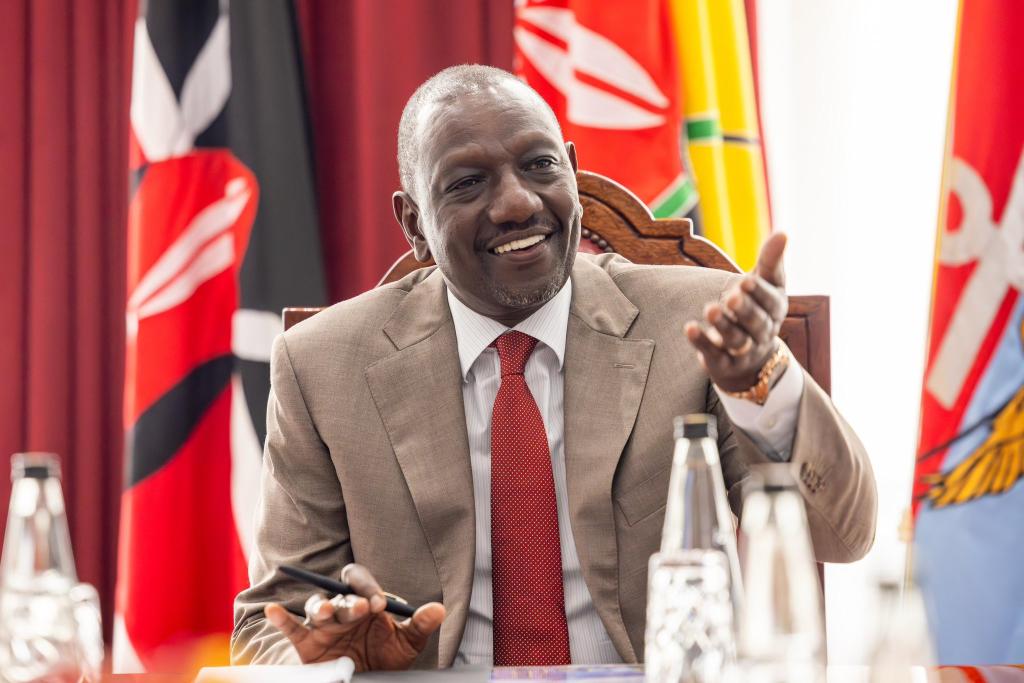President William Ruto has reaffirmed his administration’s partnership with faith-based leaders, emphasizing the church’s critical role in advancing Kenya’s development and safeguarding moral values.
During a meeting at State House on Thursday with officials from the Anglican Diocese of Nairobi led by Bishop Jonathan Kabiru, the third bishop of the diocese, Ruto said the government will continue working closely with religious institutions to improve service delivery in key areas like health and education.
“We are working closely with religious leaders to reinforce our moral and social fabric, achieve universal health coverage, and ensure access to quality education for all,” Ruto said in a statement shared on X.
He stressed that effective national transformation depends on the collective involvement of all sectors, including the church. “Every sector, including the church, has a vital role to play in addressing the pressing issues facing our country,” he added.
The meeting with the Anglican Church comes shortly after a similar engagement with the Federation of Evangelical and Indigenous Christian Churches of Kenya (FEICCK), where Ruto met bishops, pastors, and evangelists in an effort to promote unity and discourage inflammatory political rhetoric.
At that earlier meeting, the President urged religious leaders to steer clear of statements that could fuel unrest, especially among the youth.
“Leaders must resist the temptation to incite the youth. Instead, we should come together to find sustainable solutions to the unemployment crisis,” he stated.
Since taking office, Ruto has maintained regular consultations with religious groups, which he views as key partners in both shaping the country’s ethical standards and supporting the government’s social and economic agenda.

